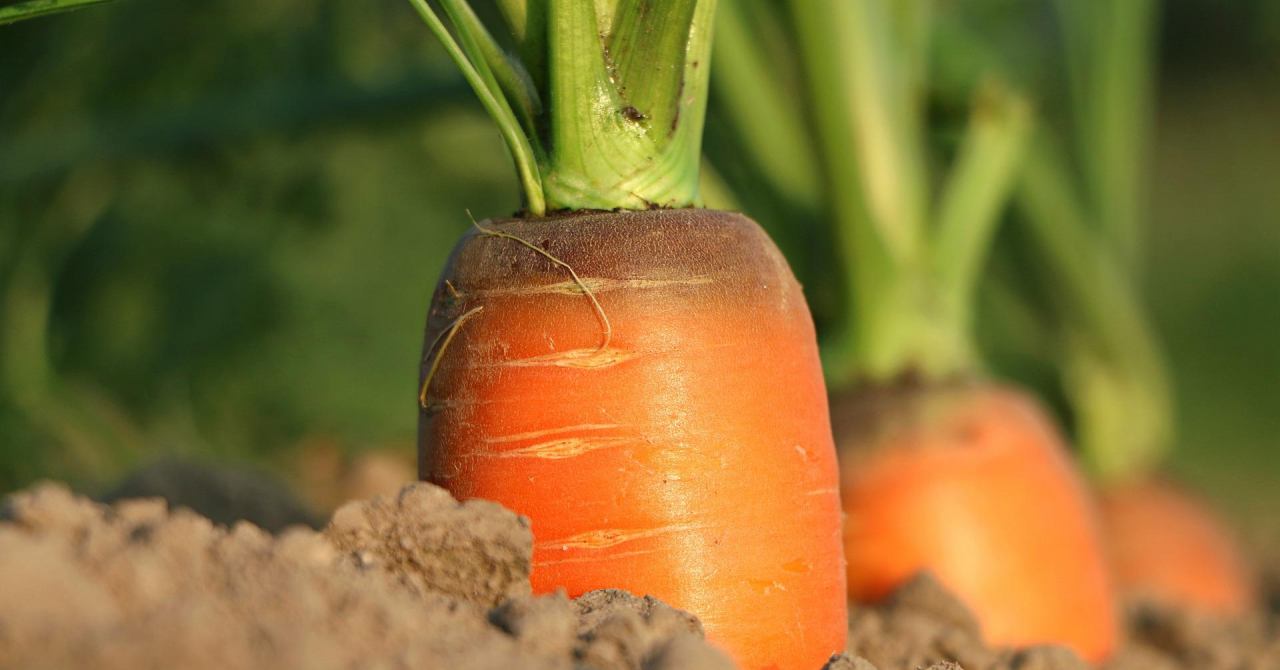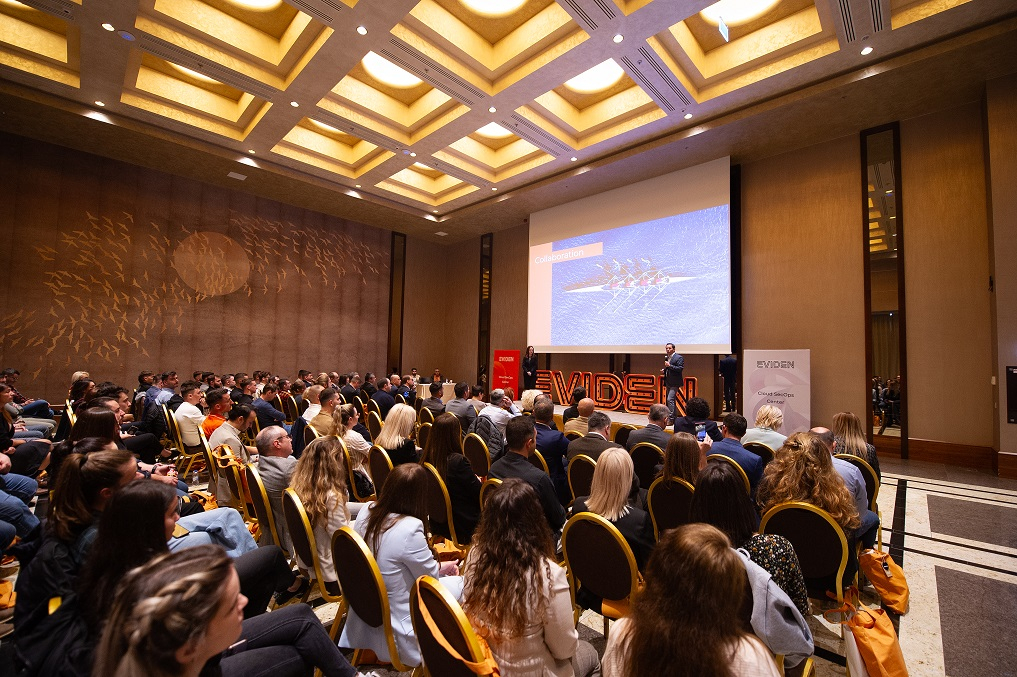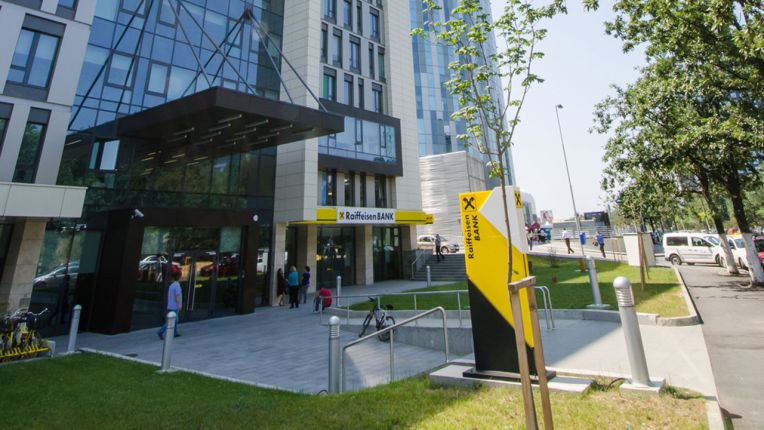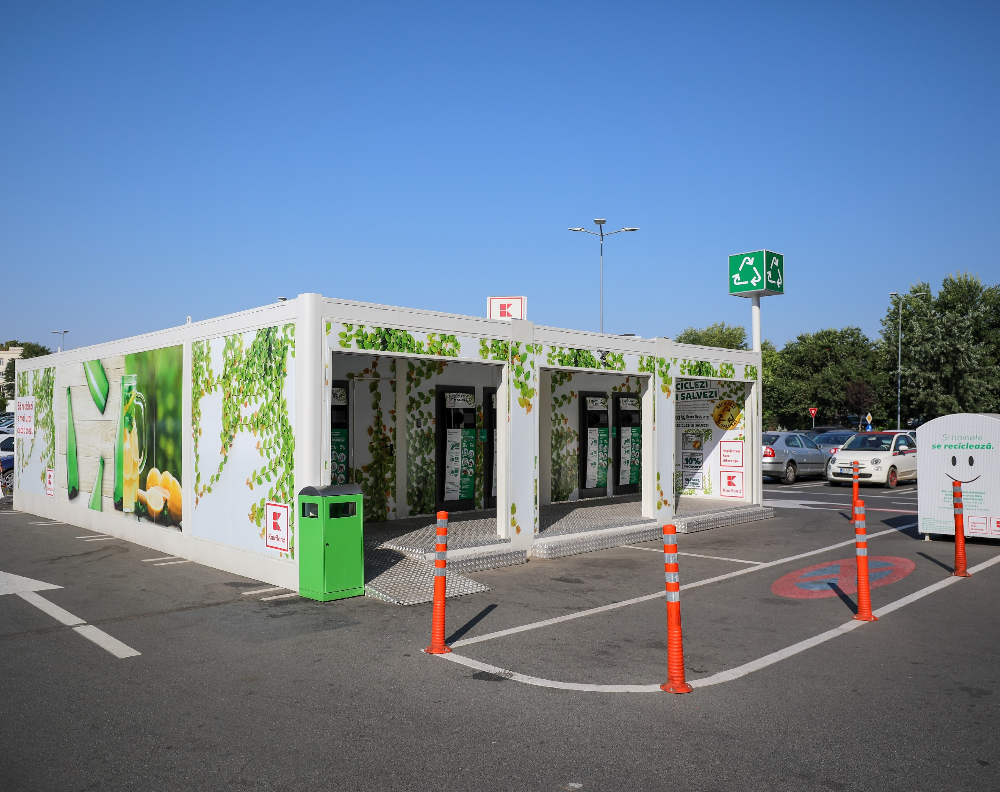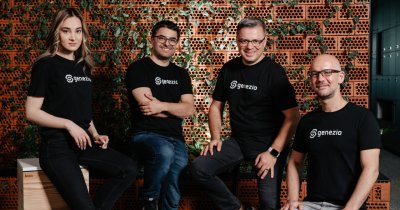The report prepared by Impact Hub Bucharest and Activize.Tech includes startups innovating locally, emerging trends in the field and insights from local representatives. EIT Food is supported by the European Institute of Innovation and Technology (EIT), a body of the European Union.
The report released in 2022 shows a local agritech and foodtech ecosystem in incipient stages, both in terms of the number of startups and the support system for them, through targeted local programmes, dedicated investment funds etc., but also growing initiatives and interest in innovation. To accelerate the ecosystem, there is a need for collaboration and creating a closer connection between tech startups and agricultural associations and companies with strong experience in the field. This would further support startups to understand customer needs, test their products and grow.
”We at EIT Food Hub Romania aim to connect representatives of the local and regional ecosystem and create contexts for them to collaborate and share their expertise. The second edition of the Agrifood Innovation Summit is one of these occasions and the moment when we launch along with our partners a new edition of the mapping of the local agritech and foodtech ecosystem - a valuable resource for all professionals in the field or in related areas”, says Georgiana Ion, Programs Manager Impact Hub Bucharest and EIT Food Hub national representative.
”The issues related to agriculture are often major and critical for mankind, as it is one of the global core areas. Romania's potential in this field is strong at regional level and we want to encourage local innovation by showcasing active software-based startups. We hope for more collaboration in the field and the involvement of major players in innovative processes, so we want to continue the push in this direction”, says Mircea Vădan, manager at Activize.
What includes Romanian Agrifood Tech Startups Overview Report 2022
The mapping in the Romanian Agrifood Tech Startups Overview Report 2022 includes a macro analysis of the agrifood sector in Europe, such as European-wide trends, regional support initiatives for agriculture and related fields, and the evolution of investments in such startups. From 2018 to the end of 2021, 857 funding rounds in agritech and agrifood have been closed in Europe, worth 4.5 billion dollars. After stagnating investments in 2020, the end of 2021 shows an upturn.
The section on the local situation includes investment data, local trends, a map of over 50 startups innovating in the field, a presentation of sub-vertical initiatives and insights from local representatives.
The full report can be downloaded from the Impact Hub Bucharest website and the Activize website.
The report also includes a number of insights from local startup founders developing solutions for this vertical.
In terms of needs and opportunities, Romanian entrepreneurs point out the need for accelerated digitalization and automation, along with the adoption of sustainable practices in agriculture. They also emphasize the importance of the role of authorities in facilitating the relationship between startups and farmers. In addition, there is also an urgent need for granular and real-time data related to domestic production in agriculture, so that both farmers and tech startup founders can have access to comprehensive information to guide them.
Regarding the development of such a startup, the founders are focusing on conducting interviews with future customers, so that they can understand as accurately and completely as possible their needs or possible barriers in the adoption of that solution - a step more important as the speed of adoption is low in our country.
Five trends in local agriculture
Among the main trends highlighted at this year's conference was the need for closer connection between local producers and consumers in the wake of the pandemic, which has led to a pronounced interest in buying food from local producers and farmers, facilitated by the accelerating digitalization of small businesses.
In addition, the use of IoT in agriculture, with software and hardware devices that prevent and minimise waste, is increasing in importance alongside precision farming, which uses data-based technologies, remote sensing and the internet to manage crops and reduce fertiliser, pesticide and water use.
Biotechnology, with its important role in increasing yields and caring for and protecting crops, but also nutrition and wellbeing, with a concern for the role of nutrition in maintaining a healthy lifestyle and an increased interest in organically grown products, are also on the list of the key trends this year.
The agricultural opportunities opened by EIT Food Hub Romania are available to entrepreneurs on the EIT Food Hub Romania website and on the Facebook page of Impact Hub Bucharest, the organisation that is the contact point for local representatives in the agrifood sector.
 Vlad Andriescu
Vlad Andriescu